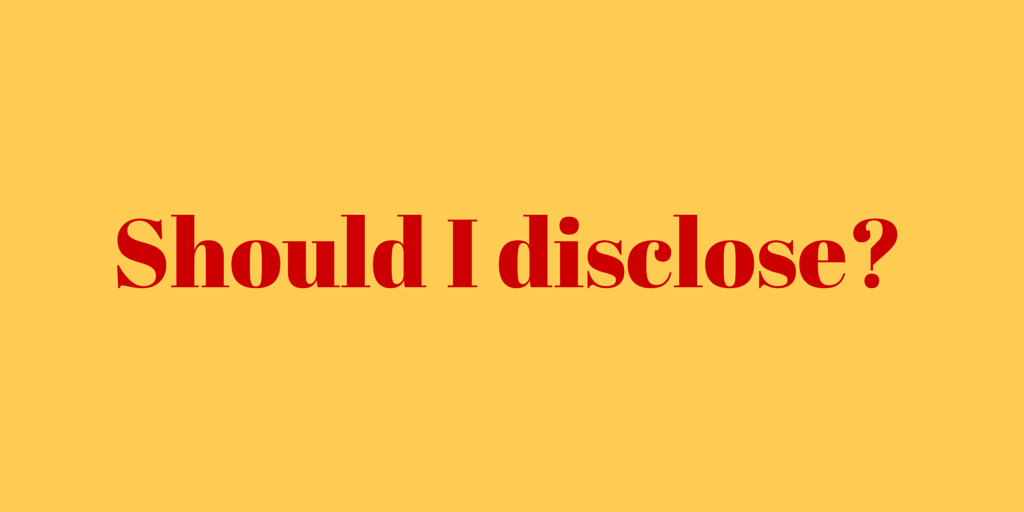With the news that Lord & Taylor’s successful blogger campaign violated FTC guidelines, there have been several questions in both brand and blogger groups I belong to regarding the when to disclose.
I assumed that whenever I received anything from a brand, I needed to disclose. Someone in one of the comment threads ask if they needed to disclose if a brand simply sent an item, no strings attached. I wasn’t sure, so I reached out to Daliah Saper from Saper Law.
According to Daliah, “If a brand gives you something that has value in exchange for talking about it, you need to disclose.” She added that, “If a brand gives you something as a gift and they don’t make any requests in regards to social mentions, product reviews, etc, you don’t have obligation to disclose.”
Here’s a guide to when you need to disclose and when you don’t….
Situation
Lord & Taylor sends you a dress with the message: “We love your fashion blog and thought you’d love this new maxi dress.
Is Disclosure Necessary?
No need to disclose. Enjoy the dress and share if you’d like.
Situation
Lord & Taylor sends you a dress with the message: “We love your blog and fashion sense and would love it if you would try on this dress and share your thoughts with your audience.”
Is Disclosure Necessary?
Yes, if you write about, tweet, post on Instagram or Pintrest about the dress, you do need to disclose that the dress was given to you.
Situation
Lord & Taylor sends you a dress and $50 in exchange for you posting a picture of you in the dress at a pre-determined time.
Is Disclosure Necessary?
YES! For the love of God, this should have been a no-brainer.
Situation
Lord & Taylor gives you a $50 gift card in exchange for promoting their Summer catalogue.Is Disclosure Necessary?
Is Disclosure Necessary?
Yes, you need to disclose that you received compensation in exchange for the post.
There were also questions regarding the need to use a particular hashtag when posting on Twitter and other social media channels, according to the FTC,
The FTC isn’t mandating the specific wording of disclosures. However, the same general principle – that people have the information they need to evaluate sponsored statements – applies across the board, regardless of the advertising medium. A hashtag like “#paid ad” uses only 8 characters. Shorter hashtags – like “#paid” and “#ad” – also might be effective.
So there you have it! The FTC did publish a lengthy, but informative Q and A regarding disclosures from bloggers and other celebrities. Thanks to Zippy for sharing the Q and A!
Hopefully this clears things up regarding when you should disclose.
And while you’re at it, make sure to mark your sponsored links as no follow
Also, please mark you links as no follow when you mention a sponsored brand in a blog post. Failing to mark you links as no follow will result in a hit to your Google ranking!ope

